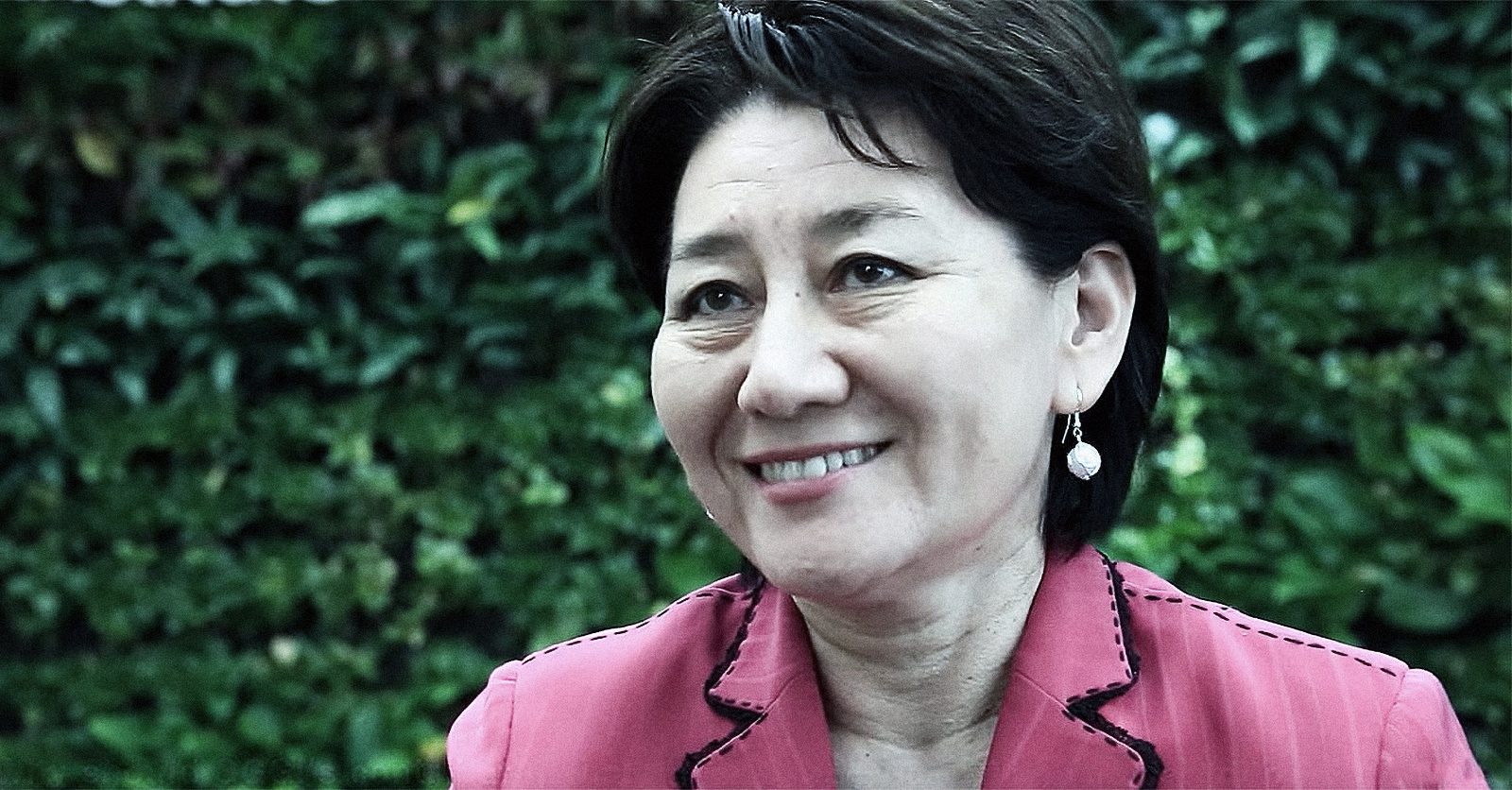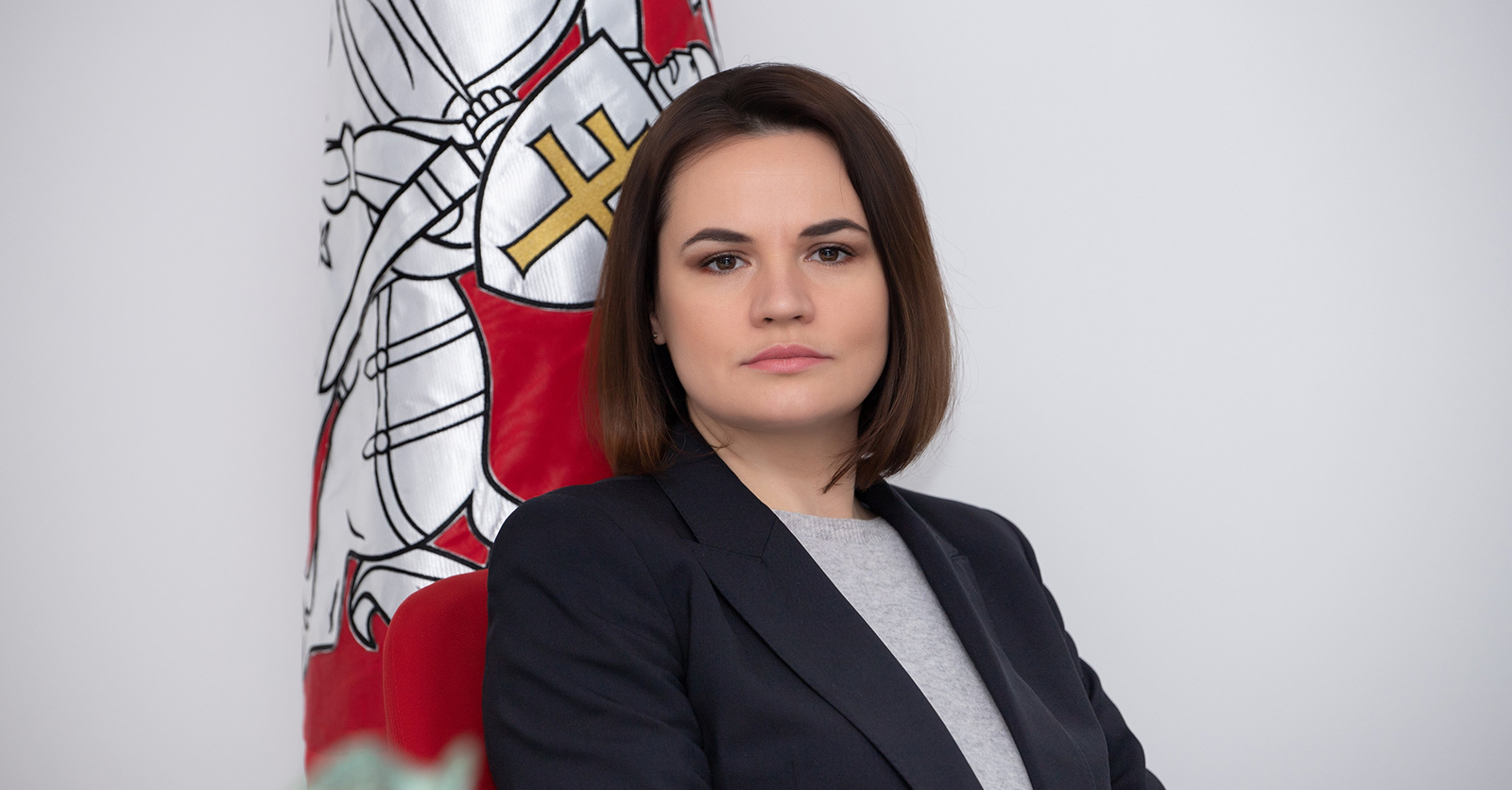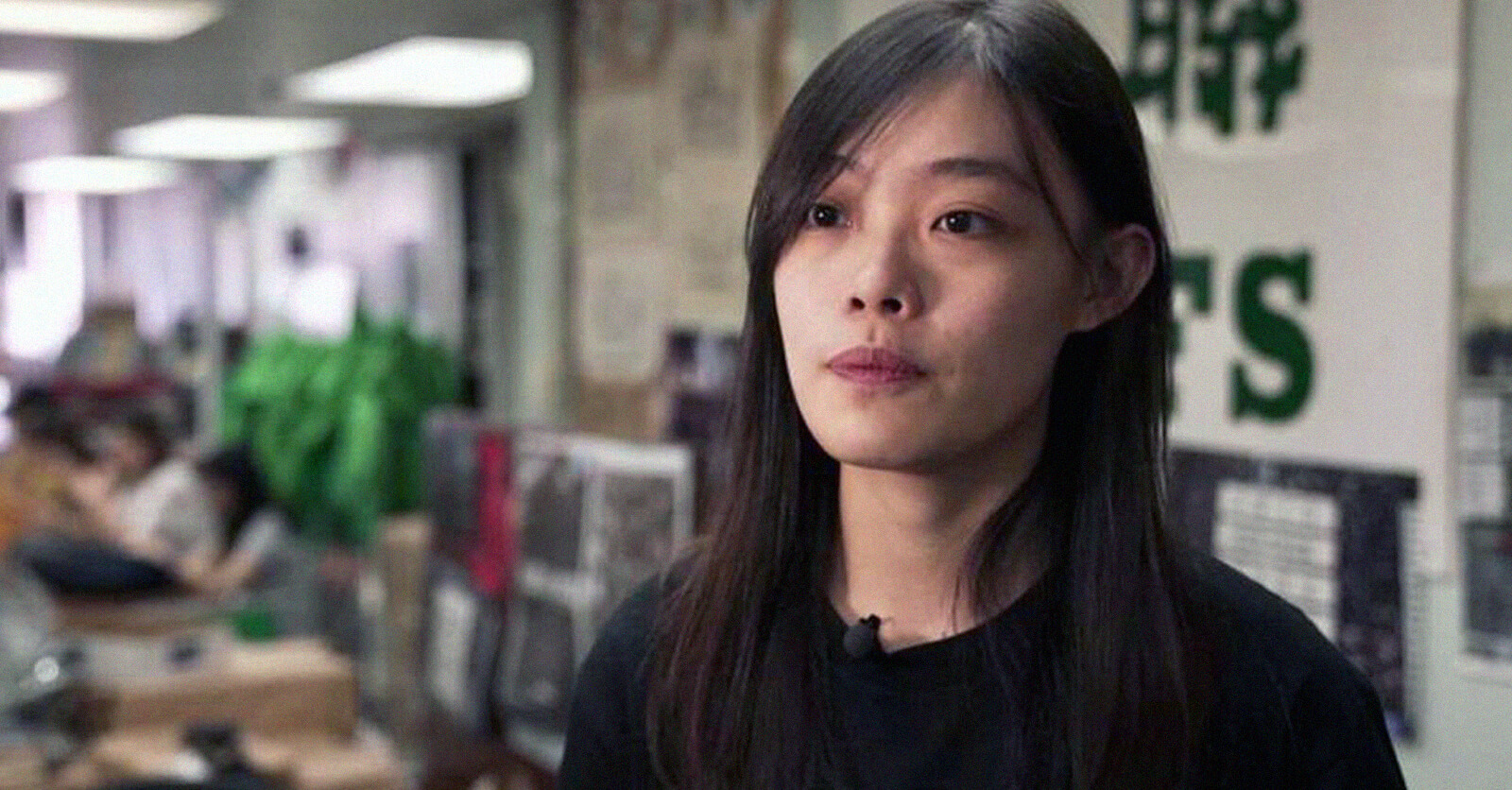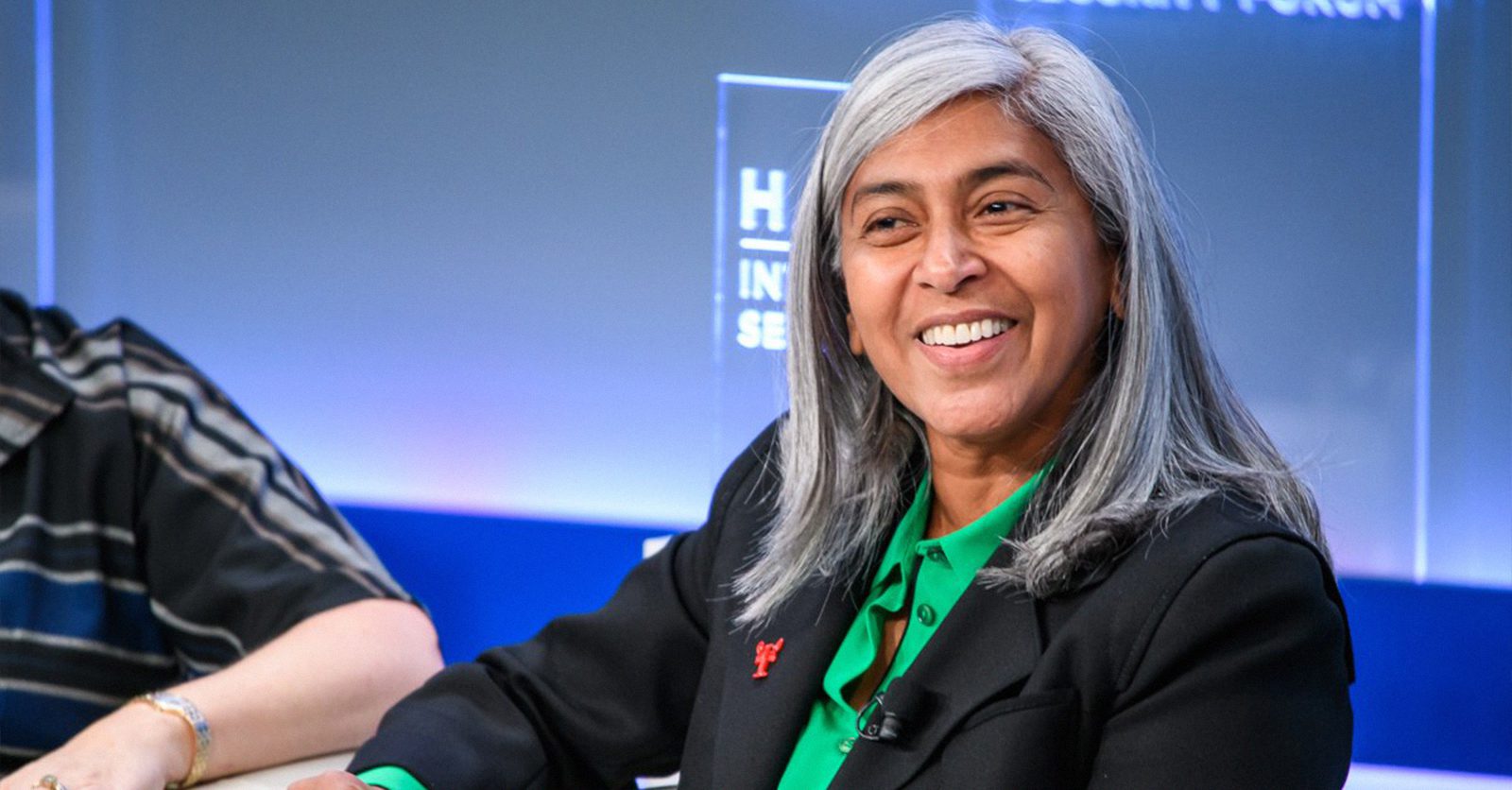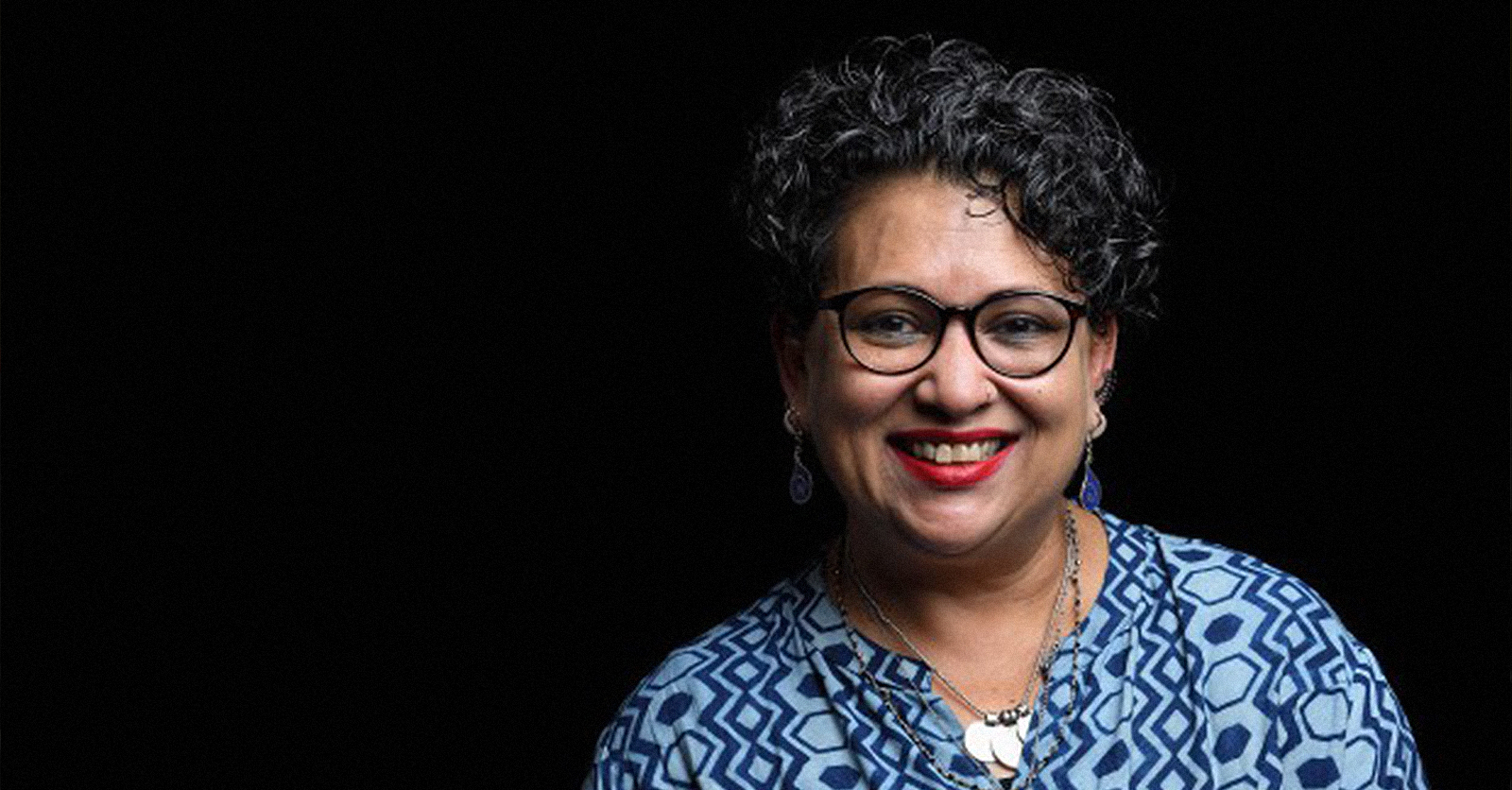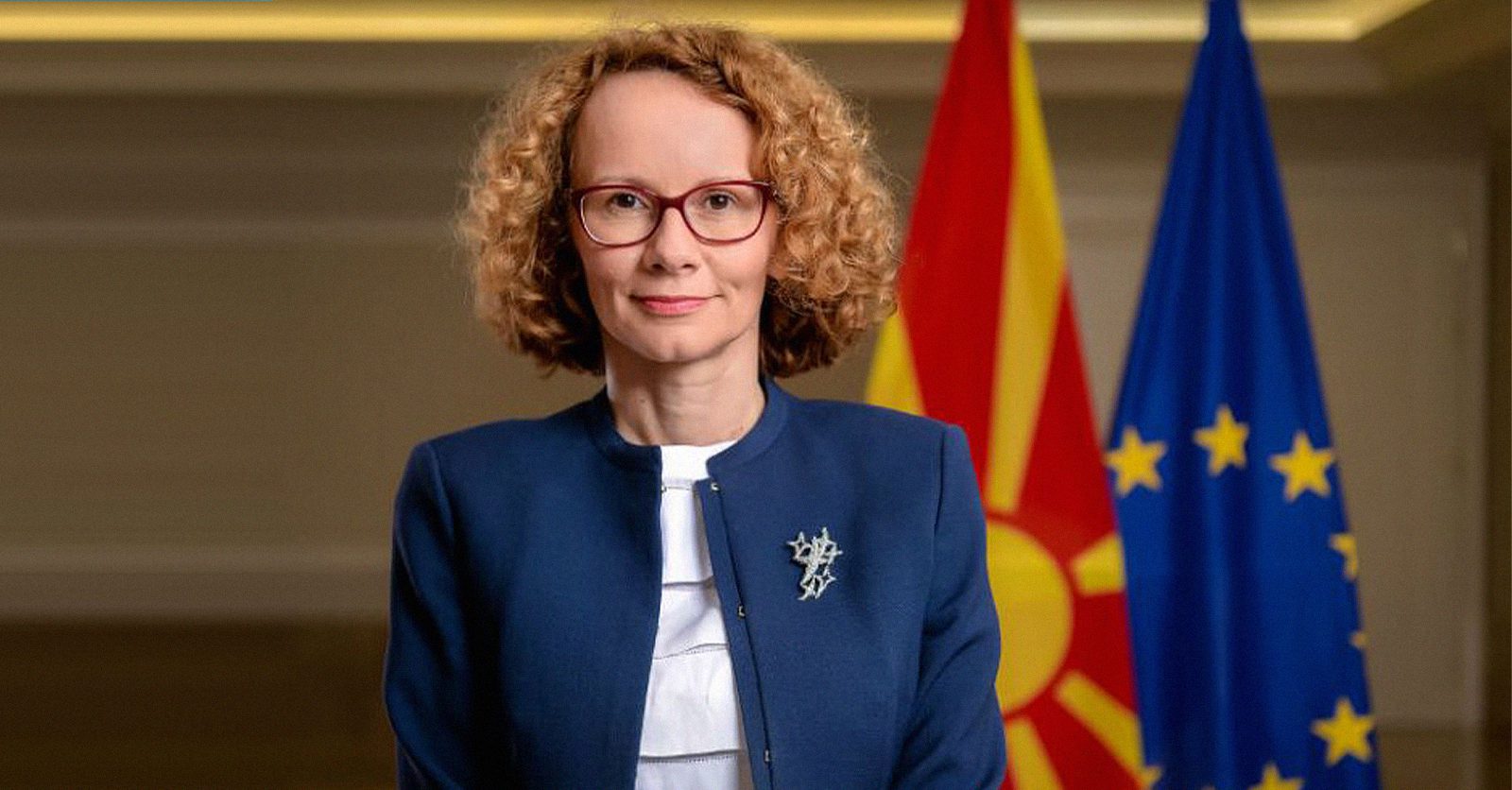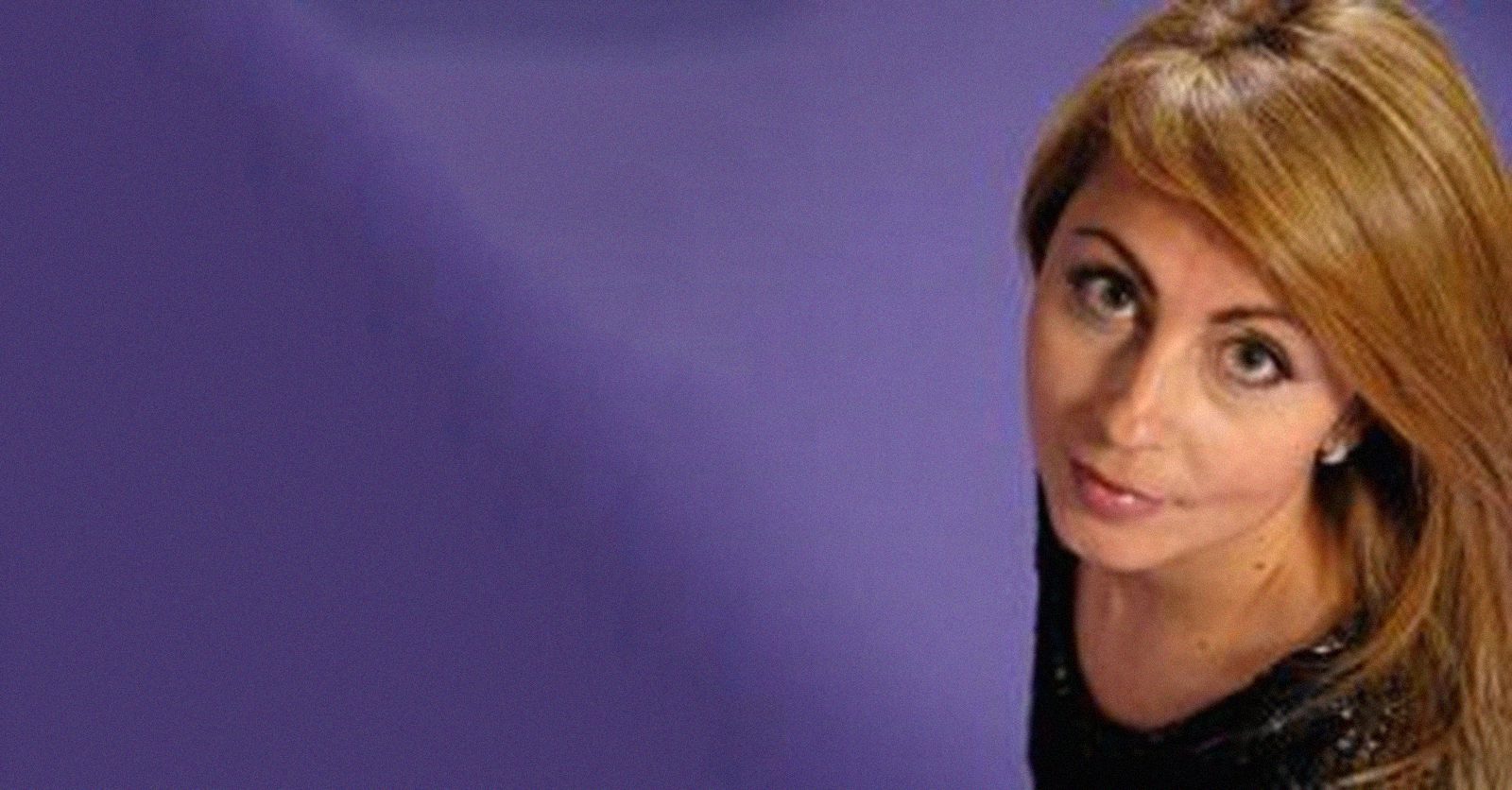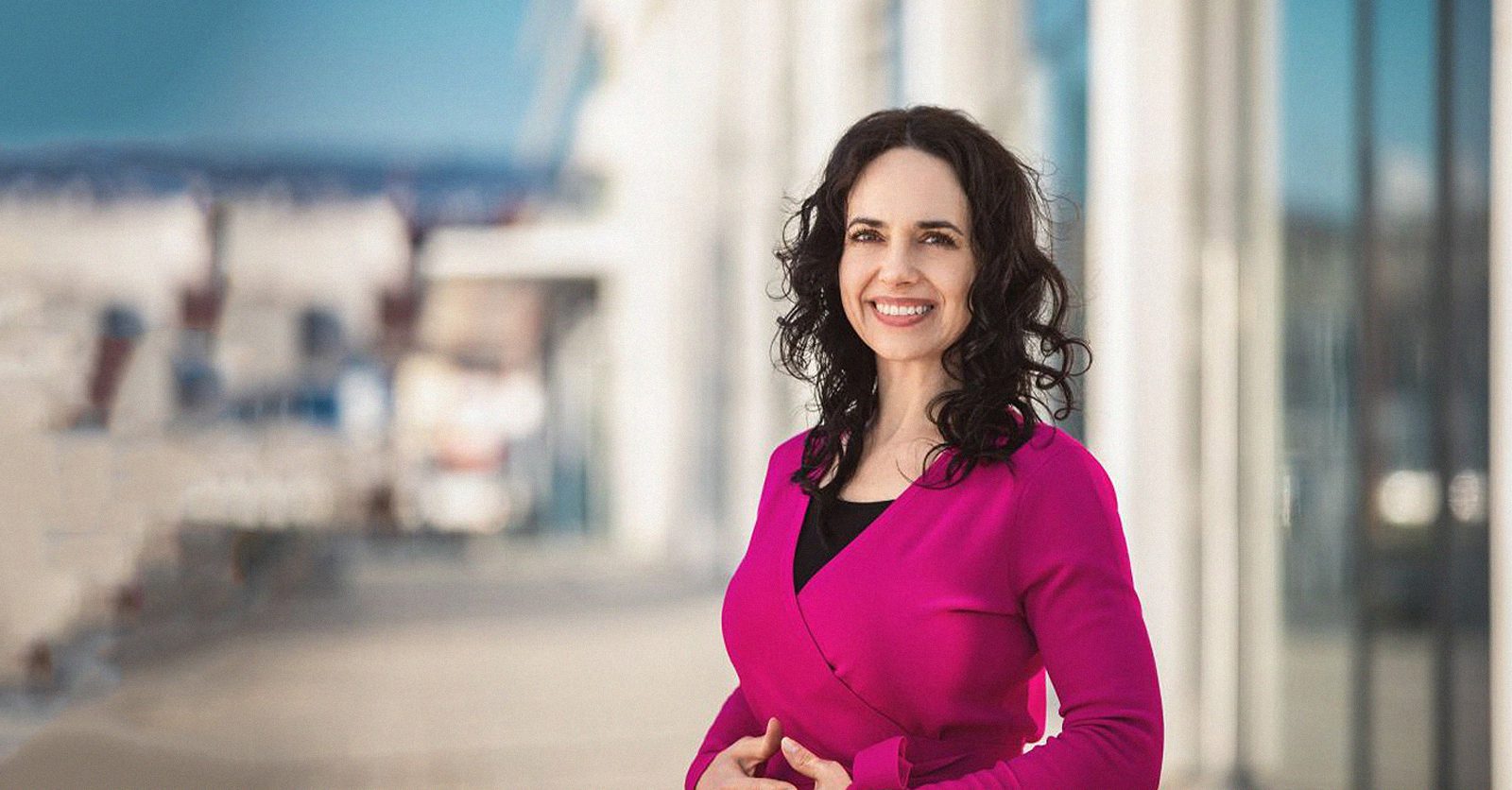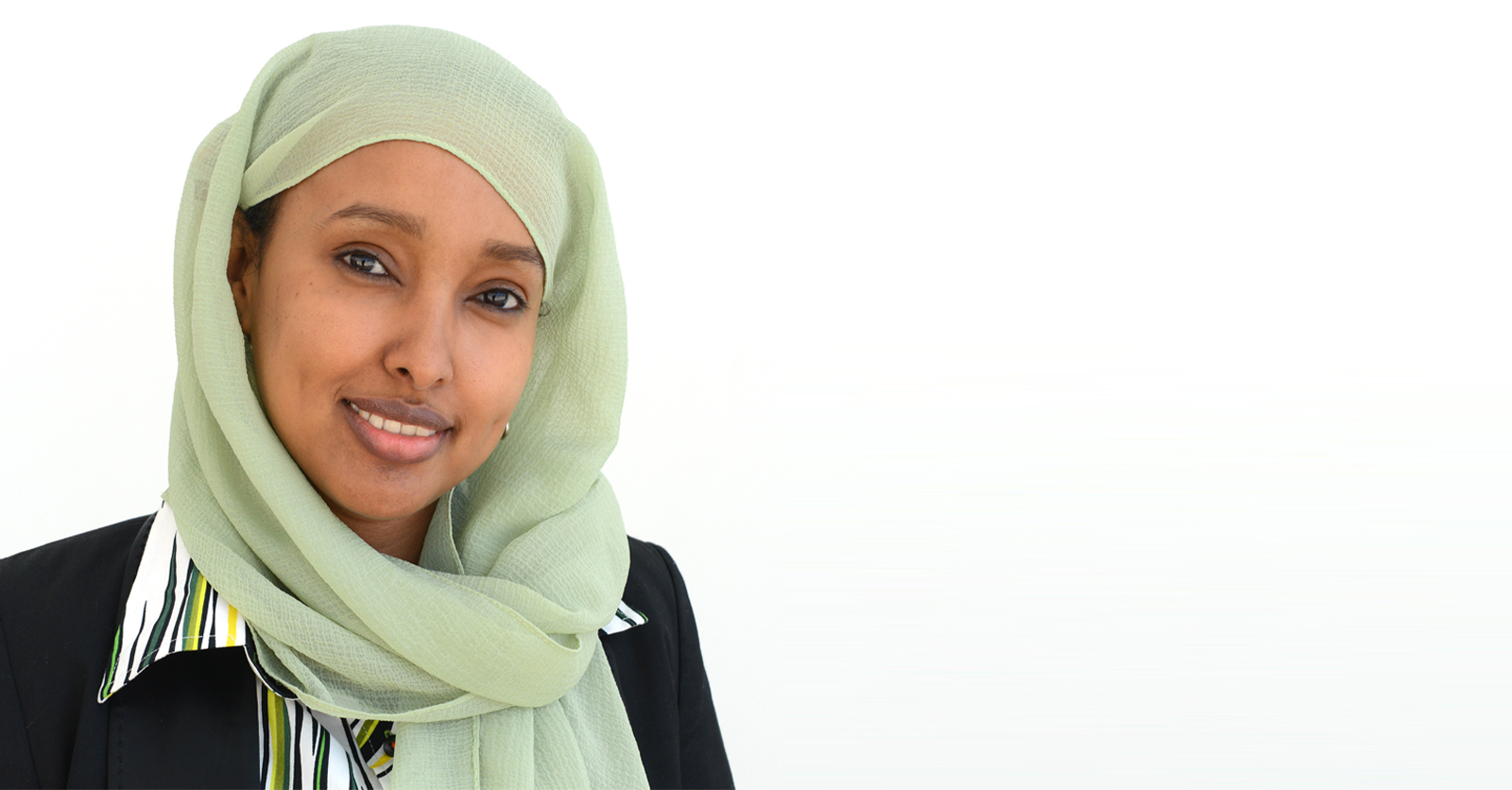“Women Leading in Times of Crisis” has been a series of interviews with remarkable women from around the world highlighting their achievements in leadership roles and decision-making styles in this time of the COVID-19 pandemic.
The nine women who have been part of this series have been scientists, activists, academics, and politicians. They’ve specialized in cultural issues, air and missile defense, the environment and violent extremism. Some have worked their entire lives to reach their current position while others have been thrust into them in response to government actions.
Each of the conversations has focused on the women’s unique story, as well as how they have responded to issues in the context of the global pandemic. We also tried to steer every conversation to universal questions about personal leadership styles and how being a woman has shaped leadership and effectiveness. impacted her. In the end, we found no universal truths.
Dr. Oyun Sanjaasuren, a former government official from Mongolian said when she joined formal politics in her mid-thirties, the first question from a reporter was about being a woman in politics. “I didn’t really understand the question. I am an earth scientist. In this work, there really is no difference. I thought, ‘why are you asking this question?’ I was quite naive then.” Once in parliament, Oyun felt a huge responsibility to become the voice of women, and proactively support women and a quota because women were so underrepresented. “You learn quickly that you don’t only represent but that you have to fight.”
Svetlana Tsikhanouskaya ran for president of Belarus after her husband and the other main opposition candidates were either arrested or forced to flee. “My first step — why I came to campaign — was because of love for my husband. Then it became more general. But as a woman I always was a wife and mother, but when my husband was detained I wanted to show him that what was important to him was important to me. Women on front lines was a forced measure because our men were detained and tortured in jails. This was now our task to stand in for our men. We felt we had to defend our men.”
Joey Siu works as a policy advisor at Hong Kong Watch and is a leading pro-democracy activist currently in exile in the United States. As a young woman activist, Siu often gets looked down on and underestimated. As she says, “these biases and micro-discriminations as a young woman allow me to reflect on myself and be in others’ shoes … who understands how it feels to be discriminated against because of your gender and your age. Having this experience when organizing campaigns, I try my best to make sure that every co-worker has equal opportunity and expectations and no one will be looked down on because of gender, age, race or background.”
Ambassador Véronique Roger-Lacan is the Permanent Delegate of France to UNESCO. “I have never had difficulties being a woman. In fact, it was an advantage. If there was somewhere where people would have implied some sort of difference that should be made, I did not accept that. It showed in my behavior so they didn’t even try. When I was working in Afghanistan, of course I had contacts with the Taliban. At the outset they would not shake hands to say hello, but after one or two days, they knew me and we would work together.”
Sharon Bagwan-Rolls is a pacific feminist based in the Fiji islands who works as the Regional Manager of the Shifting the Power Coalition. “I feel very lucky that in my own feminist journey, starting with my mother, the YWCA, and engaging with older women, I have learned about how to negotiate thru resistance and the patriarchy, how to negotiate barriers that come within our culture …Feminism doesn’t always mean you are secular. It means you are working across communities. Talking through and identifying faith allies, traditional leader allies, indigeous leader allies has been really important if you want to negotiate. The shift in power has to happen in the women’s space but we are trying to be transformative in a larger societal space so we need to enable understanding.”
Radmila Shekerinska serves as the first woman Minister of Defense in North Macedonia. “I was raised to think we are all equal and that there are no differences between us, but my experience has changed my views. I think we should appreciate where we have survived discrimination and were able to confront stereotypes and be proud enough to say that in some of these cases women were much better than men. Giving up on 50 percent of your population is a waste of talent; it is stupid. [Women] do have certain skills that are essential. Having your team being made up of men and women is essential in dealing with crises.”
Miriam Lexmann took her seat in the European Parliament in 2020, representing Slovakia. When asked about gender and her leadership style, she demurs. “I come from a very big family and I come from a former dissident family. I grew up in communist Czechoslovakia as a child. And I think this has impacted my leadership style.” Continuing, “We face many challenges and I believe the people from the ex-Communist countries who encountered totalitarian regimes, we are more sensitive to the ways how our freedom and democracy are being challenged. I try to bring this into my leadership and point out those issues.”
Radoslava Stefanova is the Head of the Integrated Air and Missile Defense Section in NATO’s Defense Investment Division. “It is an interesting and demanding job. You are right that it is male dominated, more so than my previous position. I am learning to cope with that, but I like a challenge.” However, “I am not sure whether the fact that I am a woman has determined how I have handled certain things or how I turned out as a person. I am not quite sure how to draw the difference. I continue to see challenges in asserting myself in a male dominated world, but it is my personality that has helped me along the way.”
Fauziya Ali is the Founder and President of Women in International Security Horn of Africa and Sisters Without Borders. In her mind, she is successful because she is a one of the “quiet leaders.” “We are sometimes in the room and everyone is putting their point across and they’re sharing. Coming from an African context, we’re story-tellers, we are charismatic, but by virtue of being a quiet one, you listen more and you are able to open yourself up to the different perspectives that are in the room.”
The women’s leadership styles were as different as the women themselves. In the end, that’s the objective of promoting gender equality, defending democracy and increasing women’s roles in public life: having enough women serving in decision-making positions, so that women’s diversity is on display and appreciated by men and women in their countries and around the world.




 go back: about
go back: about
